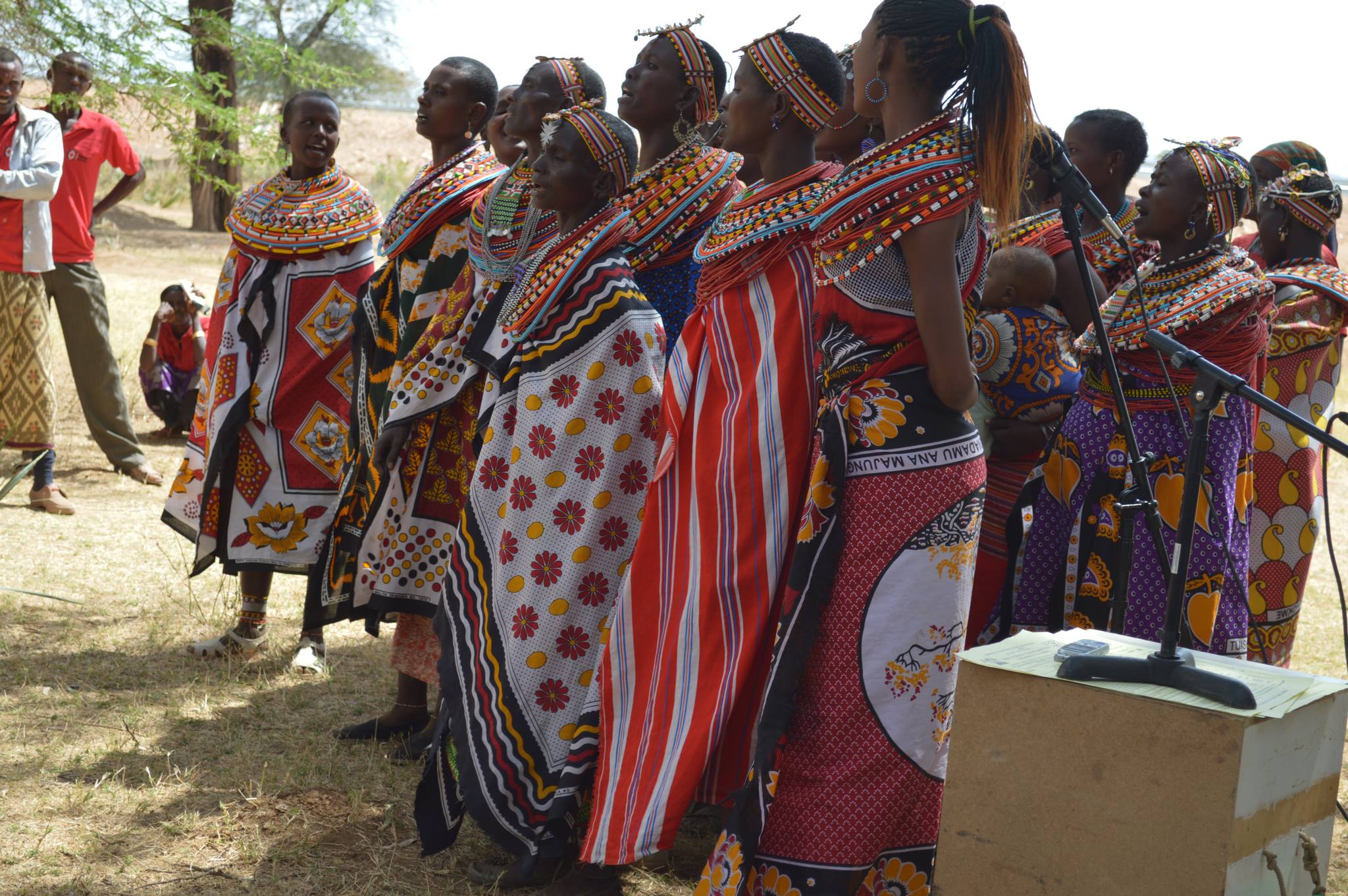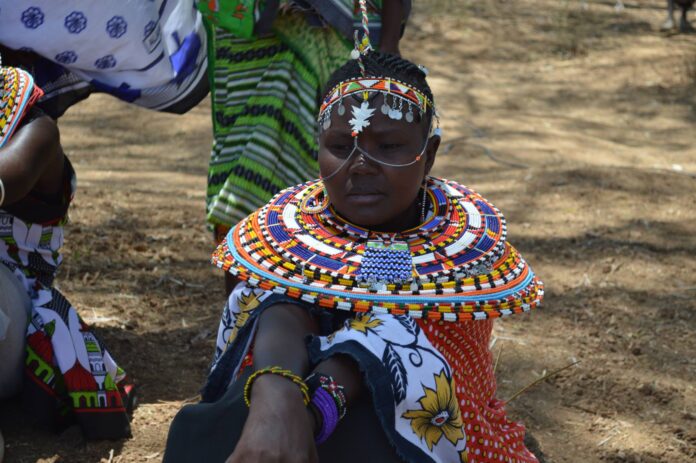|
Getting your Trinity Audio player ready...
|
By Omboki Monayo
Nairobi, Kenya: Africa needs to adopt evidence-driven policies to improve people’s lives, experts meeting in Nairobi for the 11th Africa Evidence Summit on evidence-informed policy governance have said.
The Africa Evidence Summit is an annual in-person gathering that brings together East and West African scholars, U.S.-based faculty, and global policymakers and practitioners to discuss the latest research findings on economic development and poverty alleviation.
It promotes new ways to integrate evidence into decision-making, elevates African scholarship, and seeds new South-South and North-South collaborations.
The summit was organized by the Network of Impact Evaluation Researchers in Africa (NIERA), an association of African scholars that advances decision-focused impact evaluation of development programs, and the Center for Effective Global Action (CEGA), a research hub at UC Berkeley that generates innovative evidence that decision-makers can use to reduce global poverty,
This year’s Summit seeks to cover topics of paramount importance to African leaders, including health and resiliency, growth and inequality, and making evidence more inclusive and beneficial for policymakers.
The summit brings together a formidable array of researchers and organizations working to alleviate poverty in Africa, including the African Economic Research Consortium (AERC), the African Institute for Development Policy (AFIDEP), Afrobarometer, Busara, the Global Poverty Research Lab (GPRL), the United States Agency for International Development (USAID), and the William and Flora Hewlett Foundation.
A November 2, 2021 article published by The Conversation reported that Africa accounts for 12.5% of the world’s population but produces less than 1% of global research output.
This means that the Sub-Saharan Africa (SSA) region has the lowest research capacity and output in the world.
A report commissioned by the UK Department for International Development entitled “Assessing the needs of the research system in Kenya published in 2019 shows that Kenya’s government spends 0.8% of GDP on research and development (R&D). This is higher than any other country in this study but still shy of its own 1% target.
Moreover, international sources contribute to 47% of the domestic R&D expenditure, according to UNESCO.
The country’s institutional framework for research relies on the legally mandated role of the National Commission for Science Technology and Innovation (NACOSTI), the National Research Fund (NRF), and the Kenya Innovation Agency (KENIA). The operations and capacity of the two institutions are however hampered by meager funding allocations from the national government.
Experts in attendance at the Nairobi meeting said the proper use of research evidence will guide governments in setting the right development priorities, designing cost-effective interventions, and enhancing program implementation.
According to Dr. Eliya Zulu, who is the founder and executive director of the African Institute of Development Policy, research findings are sometimes filed away and largely forgotten due to bureaucracy, lack of awareness of relevant research in crucial decision-making organs, and other obstacles. This slow uptake of new research has prevented policymakers from accessing crucial data needed to make informed decisions for the betterment of society.
“Academic institutions are a valuable reservoir of innovation and knowledge as they research complex issues. However, due to various bottlenecks, the evidence they produce does not reach the tables of policymakers, who are often under pressure to make development decisions quickly. Bridging the gaps between research, policy, and practice can help policymakers access the latest research and insights to make better decisions and improve people’s lives,” said Dr Zulu.
Experts such as the Brookings Institute have observed that African governments must also invest in creating an ecosystem that facilitates investment in science and technology in a way that will not just accelerate discovery but allow innovations to enter the marketplace more quickly.

In a January 26, 2022 paper, Brookings stresses that “the tide of Africa’s brain drain must be reversed by creating a world-class education and research infrastructure that will keep the best minds on the continent and attract new ones”.
“Bridging the skills deficiency gap in science, technology, and innovation is vital to unlocking Africa’s potential and accelerating economic growth and prosperity,” reads the article written by Ameena Gruib Fakeem and Landry Signe.
A World Economic Forum (WEF) paper noted that only 1% of global investment in research and development (R&D) is spent in Africa, with the continent possessing a paltry 0.1% of the world’s patents.
WEF estimates that Africa currently has 198 researchers per million people, compared with 428 in Chile and over 4,000 in the UK and US. It however has massive potential for driving current and future research initiatives.
Singe and Fakim’s paper recognizes this potential, stating that the continent can only grow as more business opportunities coupled with the demographic dividend of a mostly youthful population continue to appeal to investors.
“As human talent is developed across the continent, investment in research, science, and innovation will increase dramatically across various sectors, including manufacturing, which will be a significant factor in helping Africa realize its development potential and narrow its income and welfare gaps. In fact, business-to-business spending in manufacturing in Africa is projected to reach $1 trillion by 2050—a trend that creates a massive opportunity for the continent’s overall growth,” reads the article.
In order for scientific methods to have a greater impact on policies and decision-making, Dr. Zulu has tagged academic institutions and researchers on the need to better understand the evidence requirements of decision-makers. He further emphasizes that scientists must learn to communicate their research effectively to ensure policymakers understand the evidence which informs their decisions.
According to the researcher, local academics should no longer sit on the fence and point fingers at government failures but be actively involved in public policy discourses so that they serve as “strategic agents of the transformation we all want to see in Africa’s development”.
On his part, Dr Amos Njuguna believes that the research that is most useful must be practical and suited to the needs of the society in which the scientists live and work in.
“Practical, context-specific and transparent causal research is instrumental to policymakers,” said Dr Amos Njuguna, a founding member of NIERA who serves as Dean of the School of Graduate Studies, Research and Extension at the United States International University-Africa (USIU-A).
The Network of Impact Evaluation Researchers in Africa (NIERA) is an association of African scholars with multi-sectoral expertise in various thematic areas that advances decision-focused impact evaluation of development programs through capacity building, evidence generation and policy outreach. NIERA is hosted in Kenya by USIU-A.
Acknowledging that the continent seeks inclusive and sustainable development, Dr Njuguna pointed out that there is also evidence of the high demand for African researchers with skills such as impact evaluation methodology.
NIERA was established in 2018 by the alumni of the East Africa Social Science Translation (EASST) Collaborative, a multi-institution research network administered by The Center for Effective Global Action (CEGA)
CEGA is a research, training and innovation hub headquartered at the University of California, Berkeley.
The research hub generates insights that leaders can use to improve policies, programs, and people’s lives. Its academic network includes more than 160 faculty, 65 scholars from low- and middle-income countries, and hundreds of graduate students from diverse academic disciplines across the globe that produce rigorous evidence about what works to expand education, health, and economic opportunities for people living in poverty.
“A central component of CEGA’s approach to improving lives has been to advance the scholarship of African researchers and to collaborate on creating locally-led development solutions,” said Dr Edward Miguel, who is the Faculty Co-Director of CEGA and Professor of Economics at UC Berkeley. “I hope that the Summit can serve as a platform for African scholars to increase the impact of their research,” he added.














